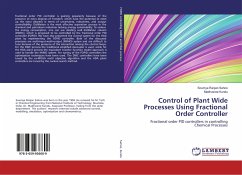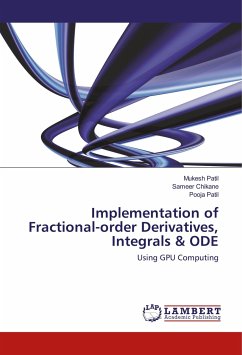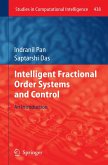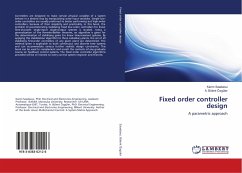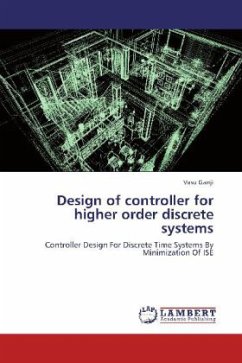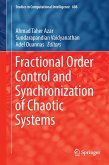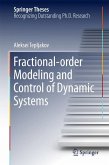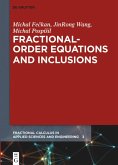Fractional order PID controller is gaining popularity because of the presence of extra degrees of freedom, which have the potential to meet up the extra degrees in terms of uncertainty, robustness, and output controllability. Distillation is the most effective separation process in the chemical and petroleum industries lacking energy sustainability. To reduce the energy consumption, one can use dividing wall distillation column (DWDC), which is proposed to be controlled by the fractional order PID controller (FOPID). We have also presented the control system for the HAD plant by implementing the FOPID controller. Both of the discussed processes are multi-input-multi-output (MIMO) system and are difficult to tune because of the presence of the interaction among the control loops. For the DWC process the traditional simplified decoupler is used, while for the HDA plant process the equivalent transfer function model approach is used to handle the MIMO system. For tuning of the FOPIDcontrollers the optimization techniques have been used. The DWC controllers have been tuned by the ev-MOGA multi objective algorithm and the HDA plant controllers are tuned by the cuckoo search method.
Bitte wählen Sie Ihr Anliegen aus.
Rechnungen
Retourenschein anfordern
Bestellstatus
Storno

